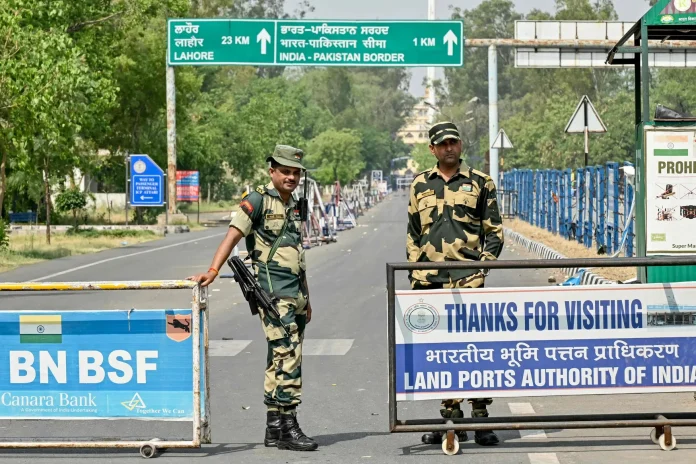Rising geopolitical tensions between India and Pakistan are casting a long shadow over regional energy security, heightening risks for two of South Asia’s largest energy consumers. Both nations, heavily reliant on crude oil and liquefied natural gas (LNG) imports, face significant threats to energy supply stability amid the escalating conflict.
On Thursday evening, tensions surged as multiple drones were reportedly fired from both sides, targeting key military installations along the India-Pakistan border. This heightened state of hostility has raised concerns over the vulnerability of critical energy infrastructure in the region.
Global energy consultancy Rystad Energy, in a note released on Thursday, underscored the potential implications of a protracted conflict, emphasizing that prolonged instability could disrupt oil and LNG supplies, thereby crippling energy availability in both nations. “The situation highlights the urgent need for emergency preparedness in the energy sector,” Rystad Energy noted. “A prolonged conflict would severely impact the ability of both countries to meet their energy needs.”
India, the world’s third-largest oil importer, and Pakistan, which is heavily dependent on LNG imports to meet its energy demands, are both at risk of supply chain interruptions should tensions escalate further. Key installations, including refineries, LNG terminals, and pipeline networks, are particularly vulnerable to sabotage or targeted strikes in times of conflict.
Energy analysts warn that while global markets might cushion the immediate shock with strategic reserves, sustained regional conflict could send ripples through the global energy supply chain, pushing up prices and forcing governments to rethink energy security strategies.
The unfolding situation at the India-Pakistan border serves as a stark reminder of the fragility of energy supply chains amid geopolitical strife, prompting calls for enhanced security measures and strategic resilience planning.

